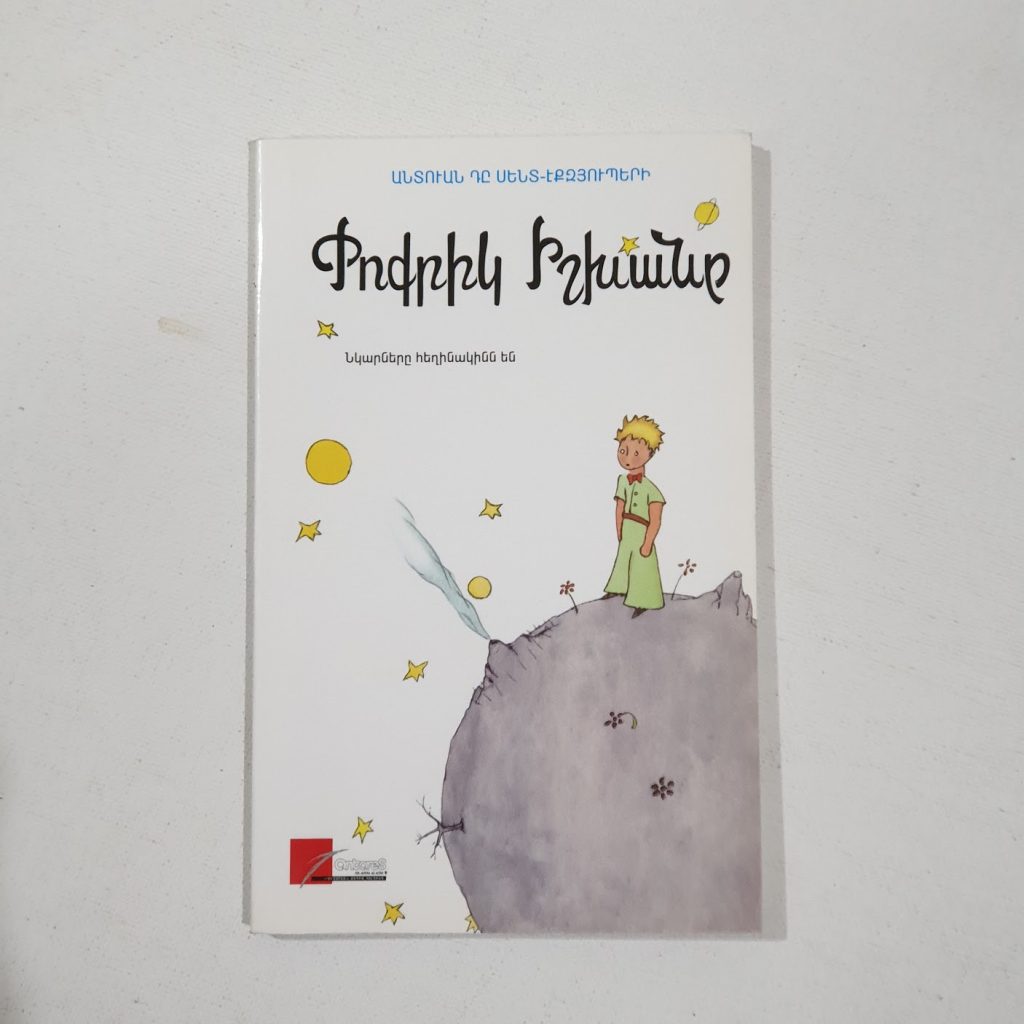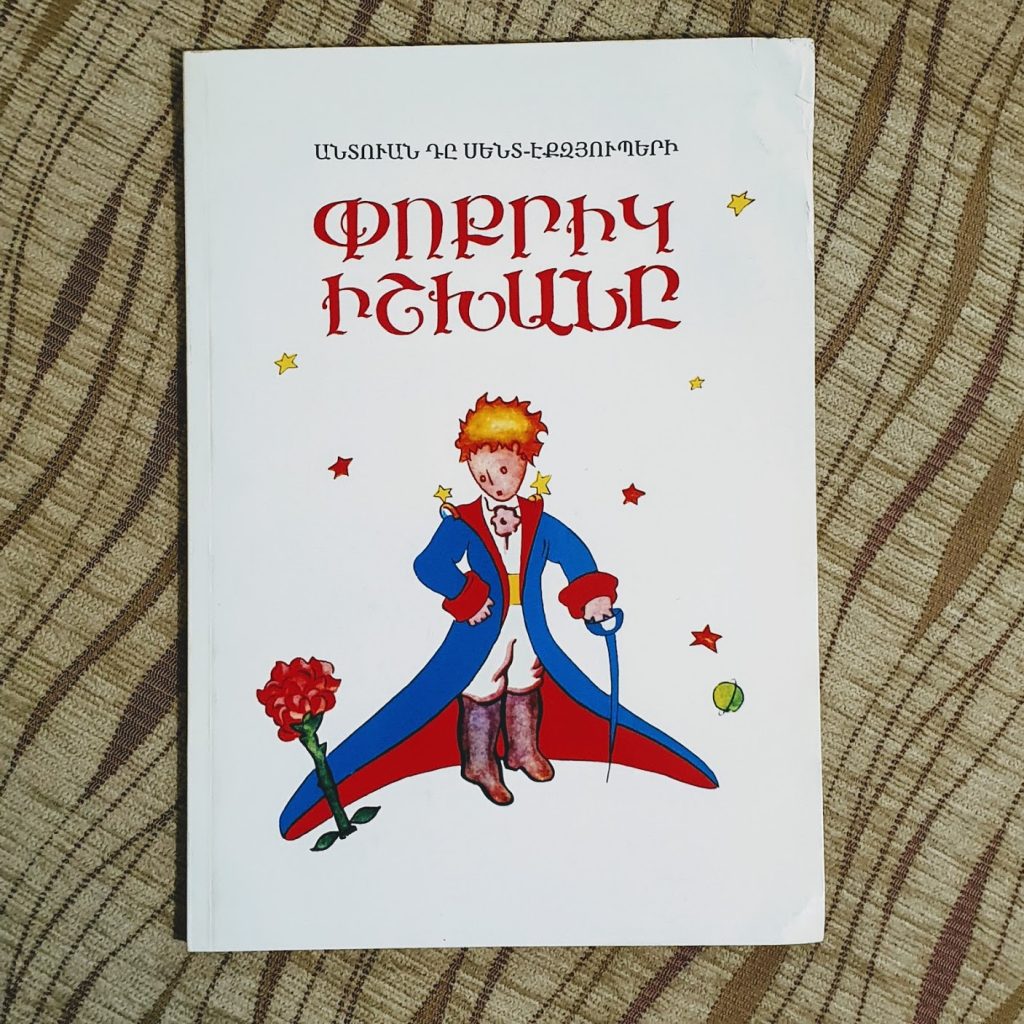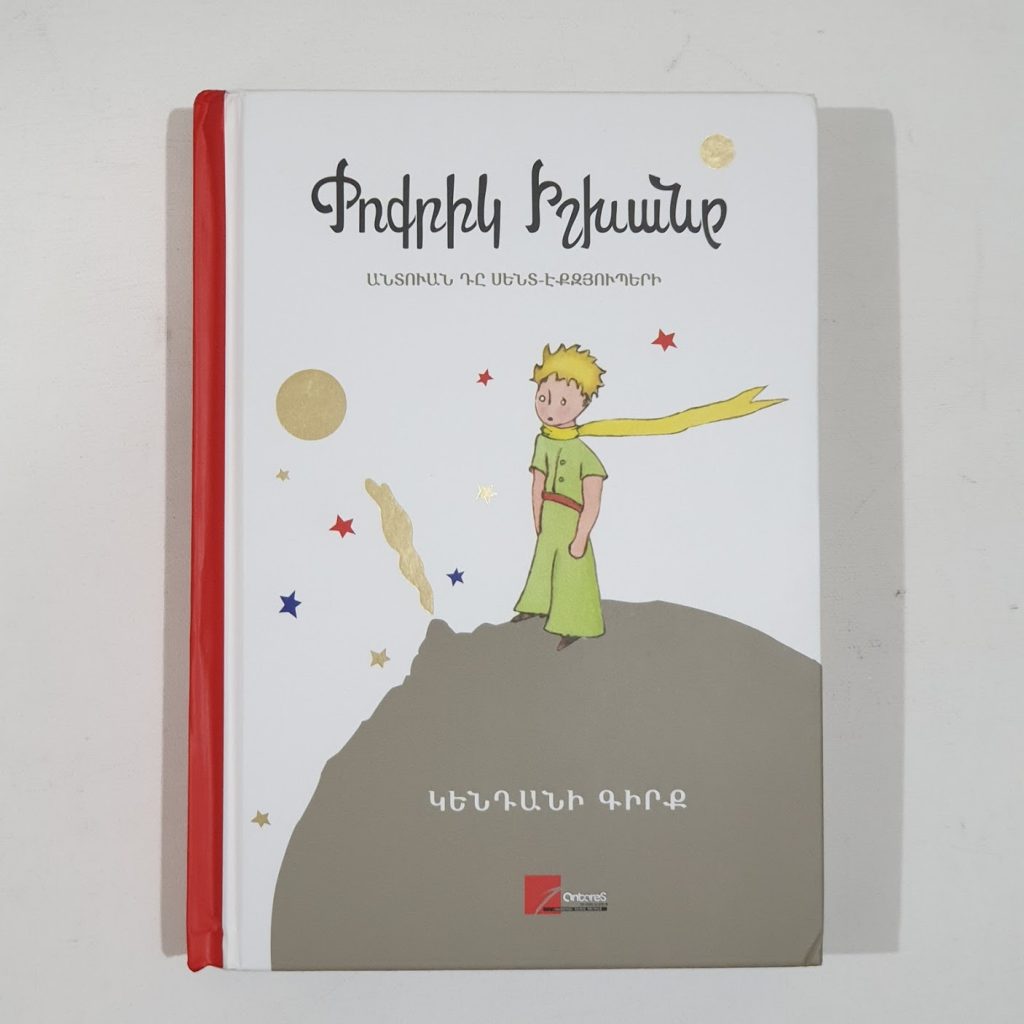
The Armenian language (classical: հայերէն; reformed: հայերեն [hɑjɛˈɾɛn] hayeren) is an Indo-European language spoken primarily by Armenians. It is the official language of Armenia. Historically spoken in the Armenian Highlands, today Armenian is widely spoken throughout the Armenian diaspora. Armenian is written in its own writing system, the Armenian alphabet, introduced in 405 AD by the Mesrop Mashtots. The total number of Armenian speakers worldwide is estimated between 5 and 7 million.

In the 19th century, the traditional Armenian homeland was divided. Eastern Armenia was conquered by the Russian Empire, while Western Armenia remained under Ottoman control. The antagonistic relationship between the Russian and Ottoman empires led to creation of two separate and different environments under which Armenians lived. Halfway through the 19th century, two important concentrations of Armenian communities were further consolidated. Because of persecutions or the search for better economic opportunities, many Armenians living under Ottoman rule gradually moved to Istanbul, whereas Tbilisi became the center of Armenians living under Russian rule. These two cosmopolitan cities very soon became the primary poles of Armenian intellectual and cultural life.
Numerous dialects existed in the traditional Armenian regions, which, different as they were, had certain morphological and phonetic features in common. On the basis of these features two major standards emerged:
- Western standard: The influx of immigrants from different parts of the traditional Armenian homeland to Istanbul crystallised the common elements of the regional dialects, paving the way for a style of writing that required a shorter and more flexible learning curve than Grabar.
- Eastern standard: The Yerevan dialect provided the primary elements of Eastern Armenian, centered in Tbilisi, Georgia. Similar to the Western Armenian variant, the Modern Eastern was in many ways more practical and accessible to the masses than Grabar.

Meanwhile, Armenia somehow reminds me to a story written by William Saroyan: The Summer of the Beautiful White Horse. A character named John Byro said in this story, “A suspicious man would believe his eyes instead of his heart.” It reminds you to the fox, isn’t it?


